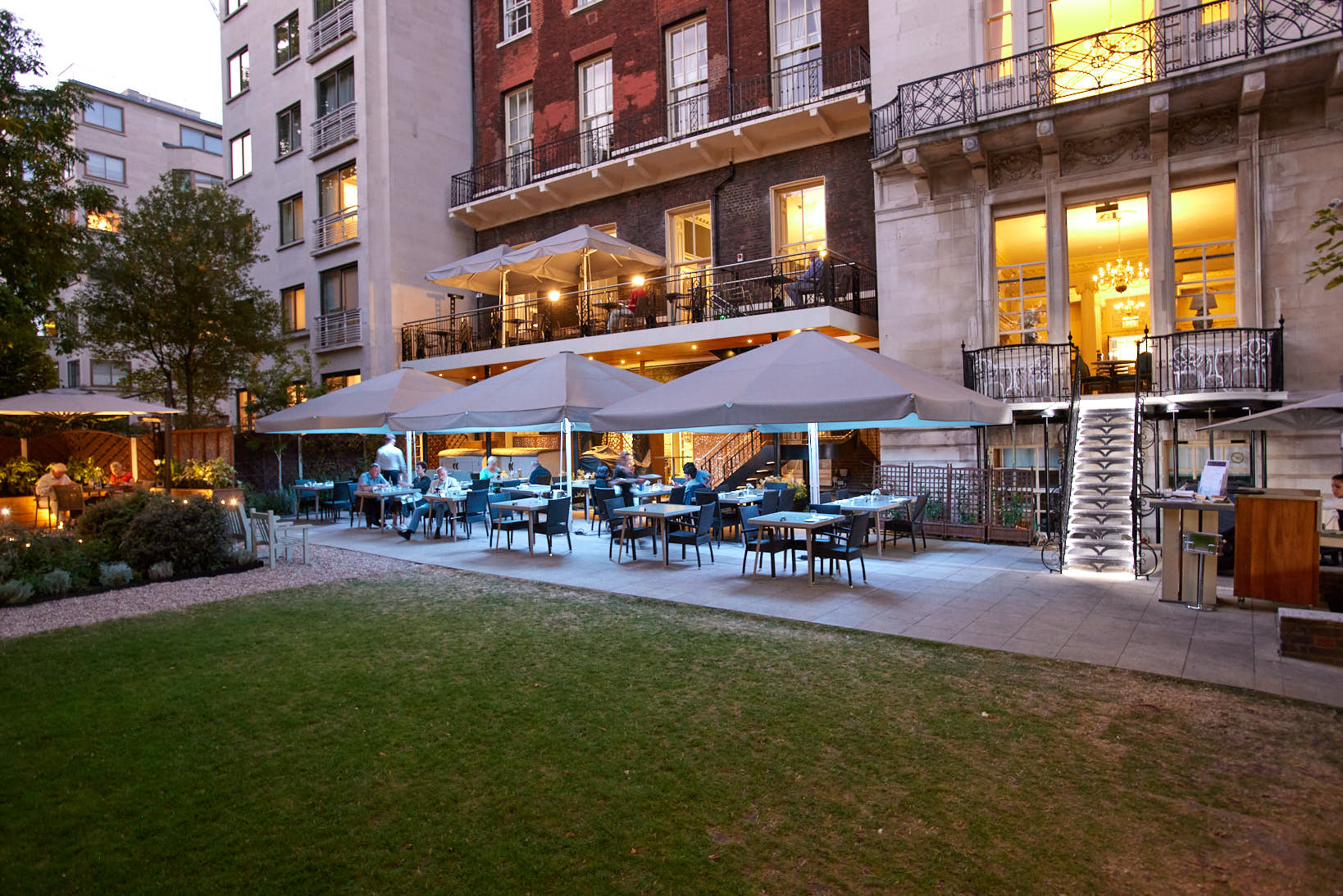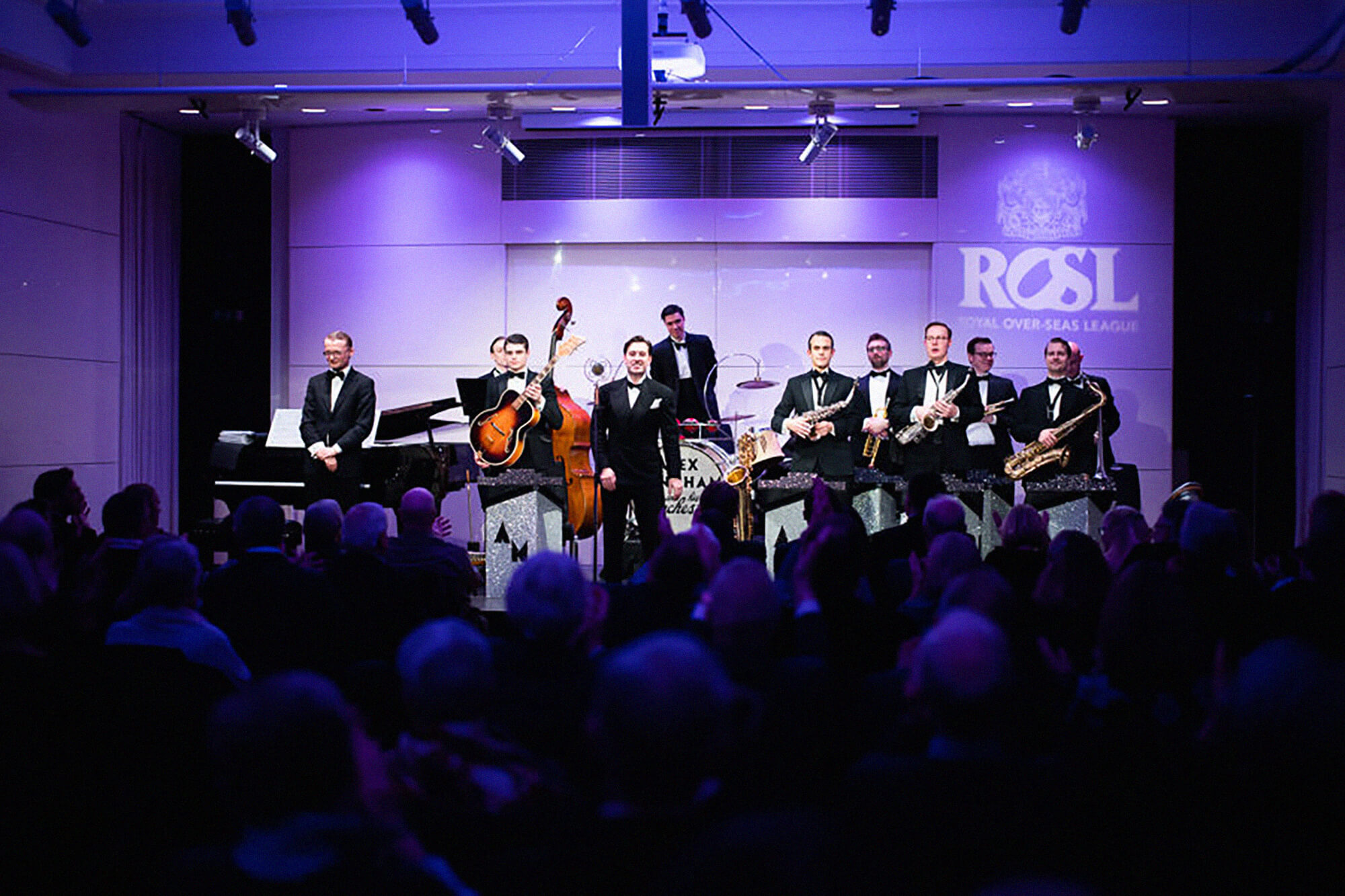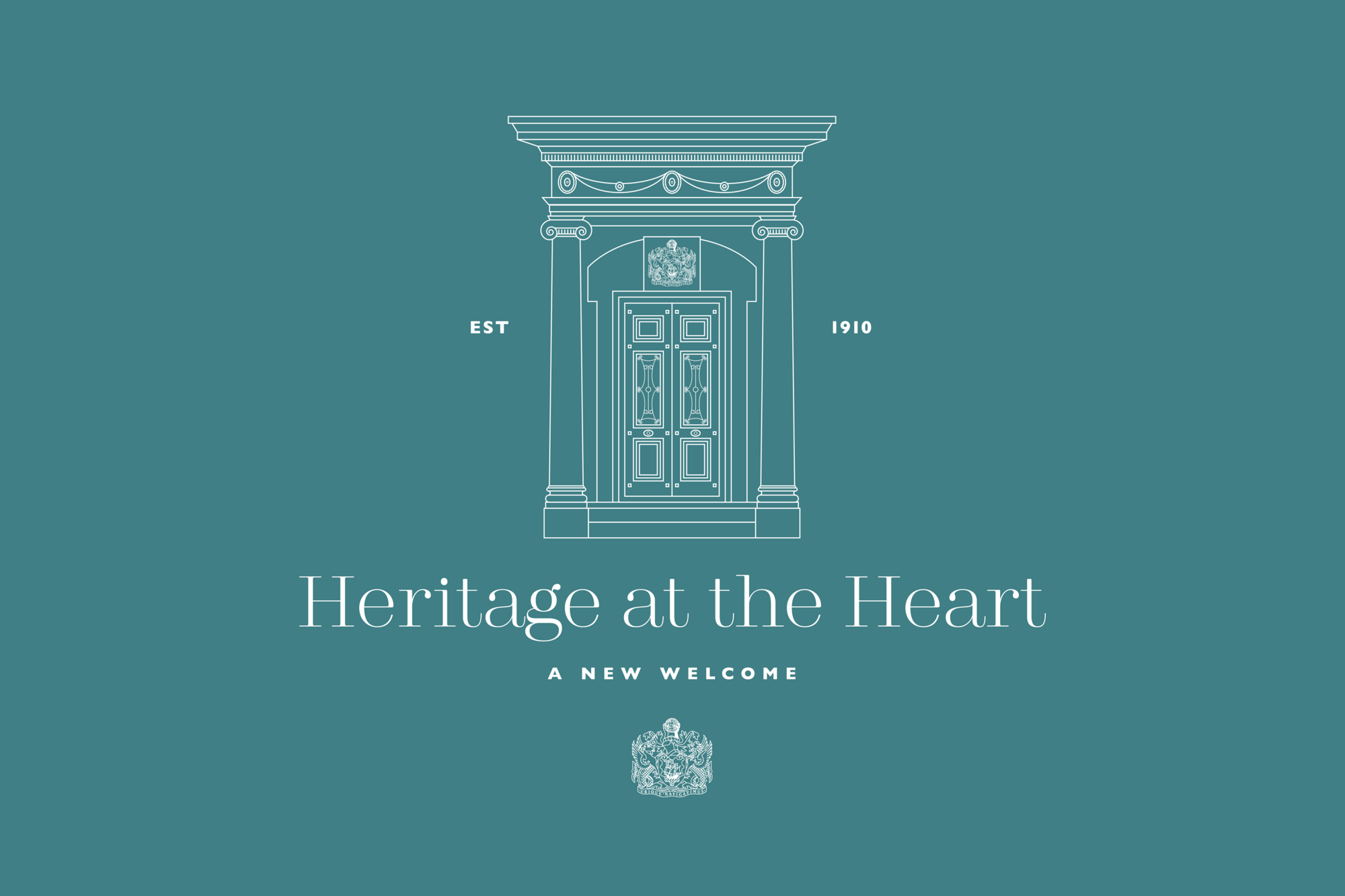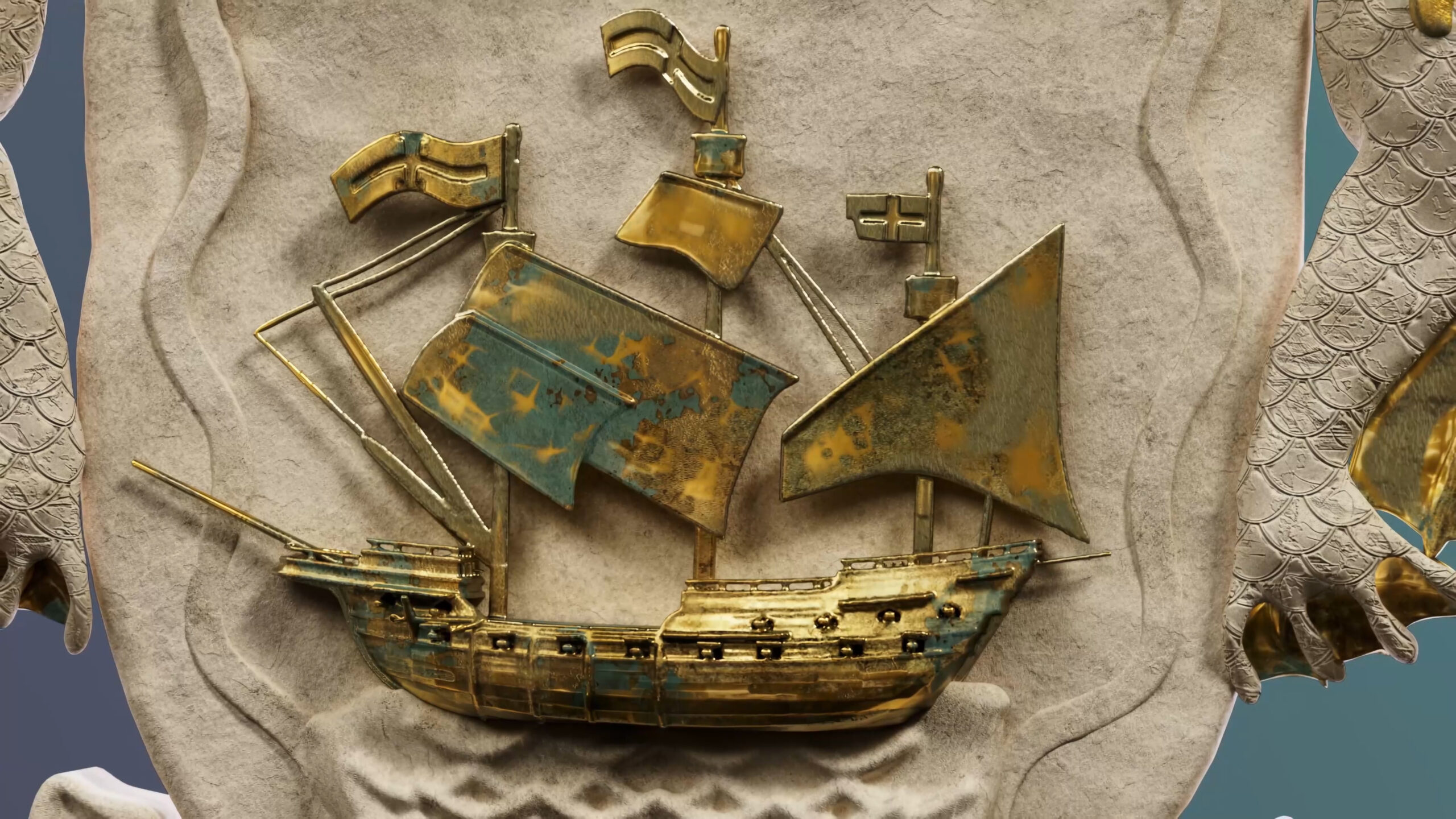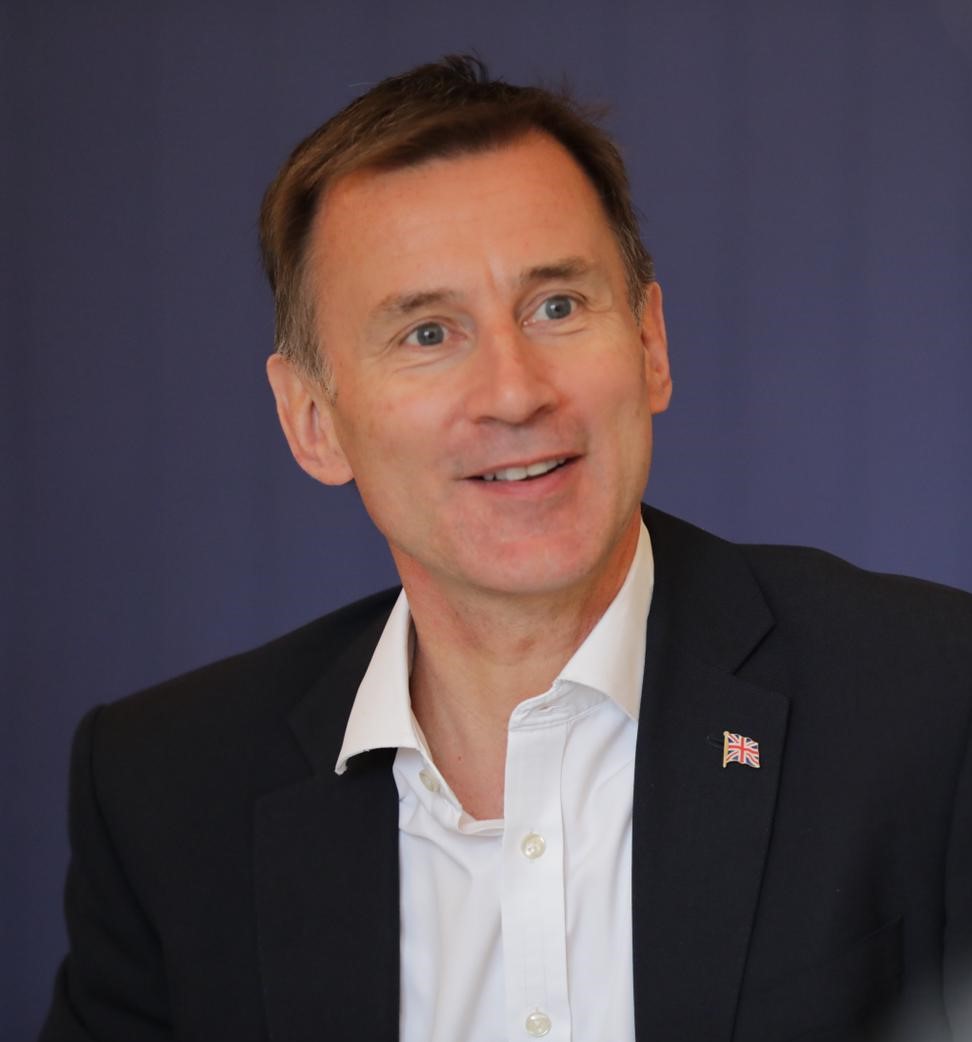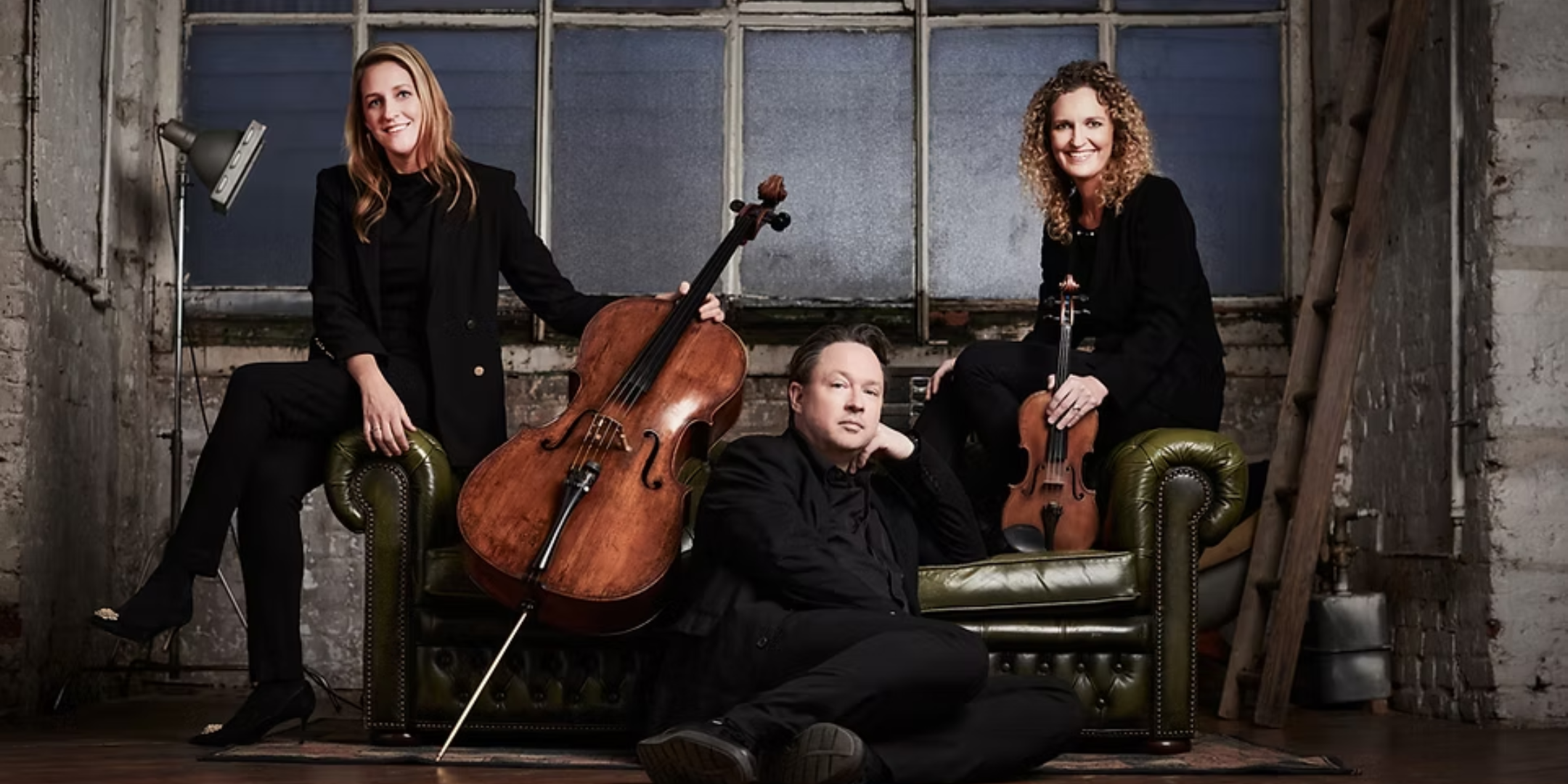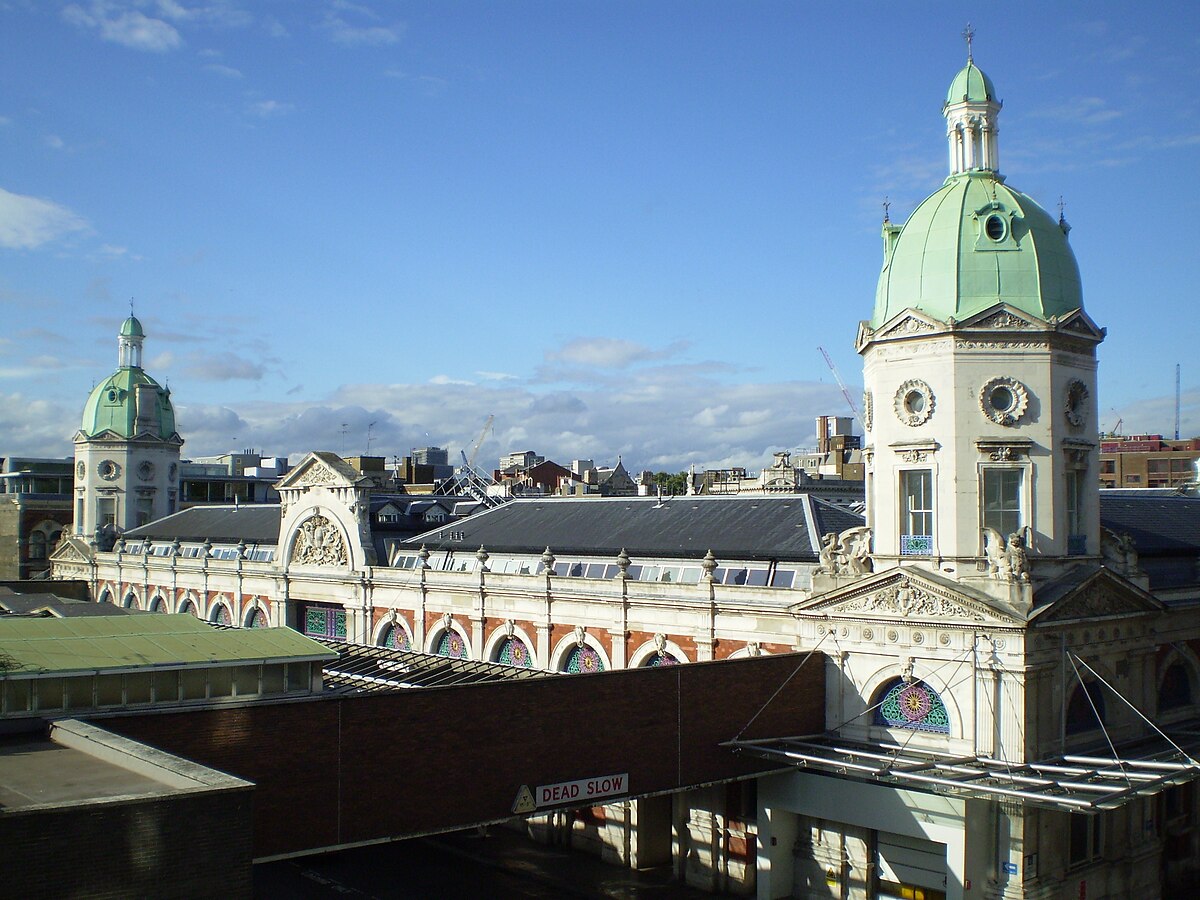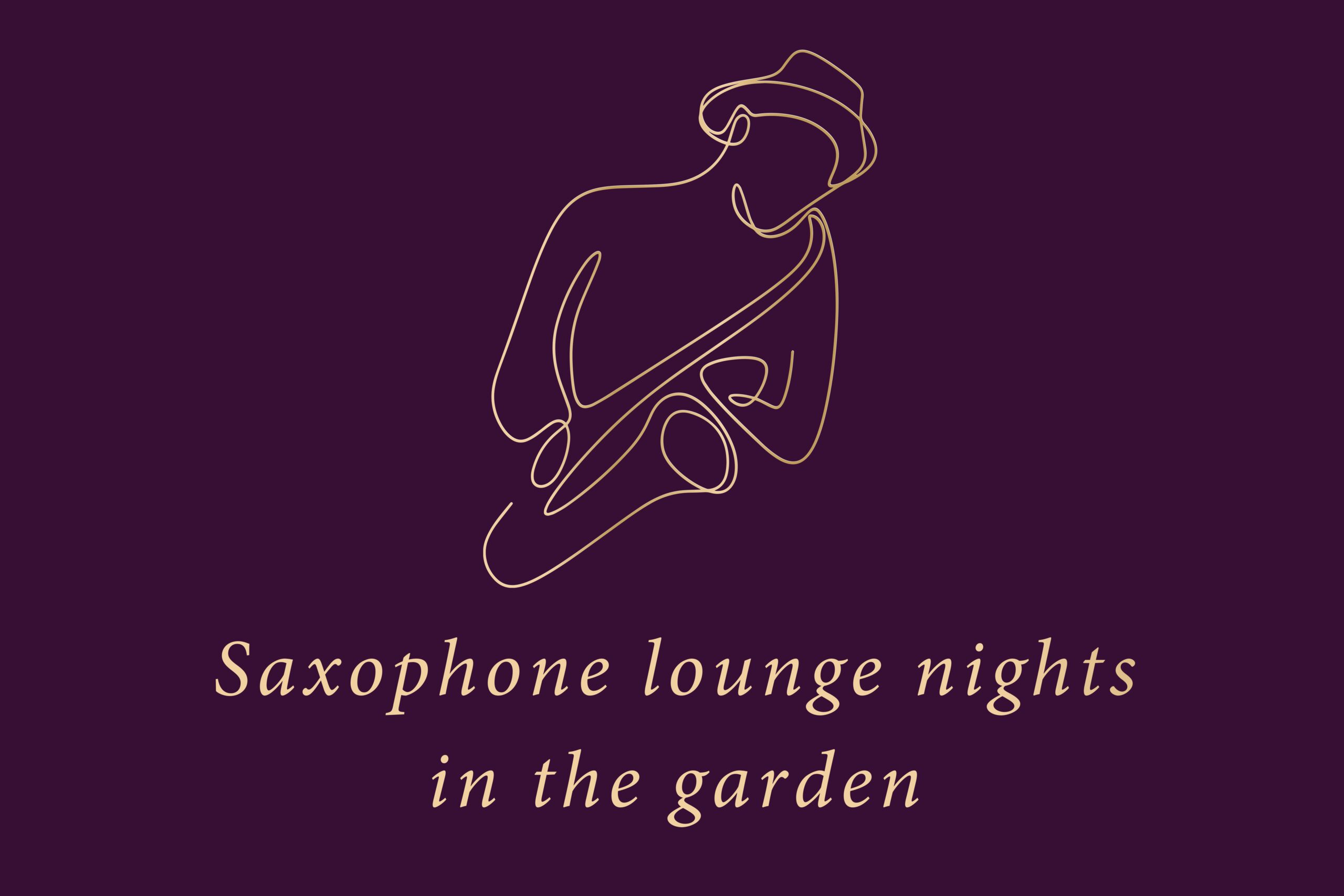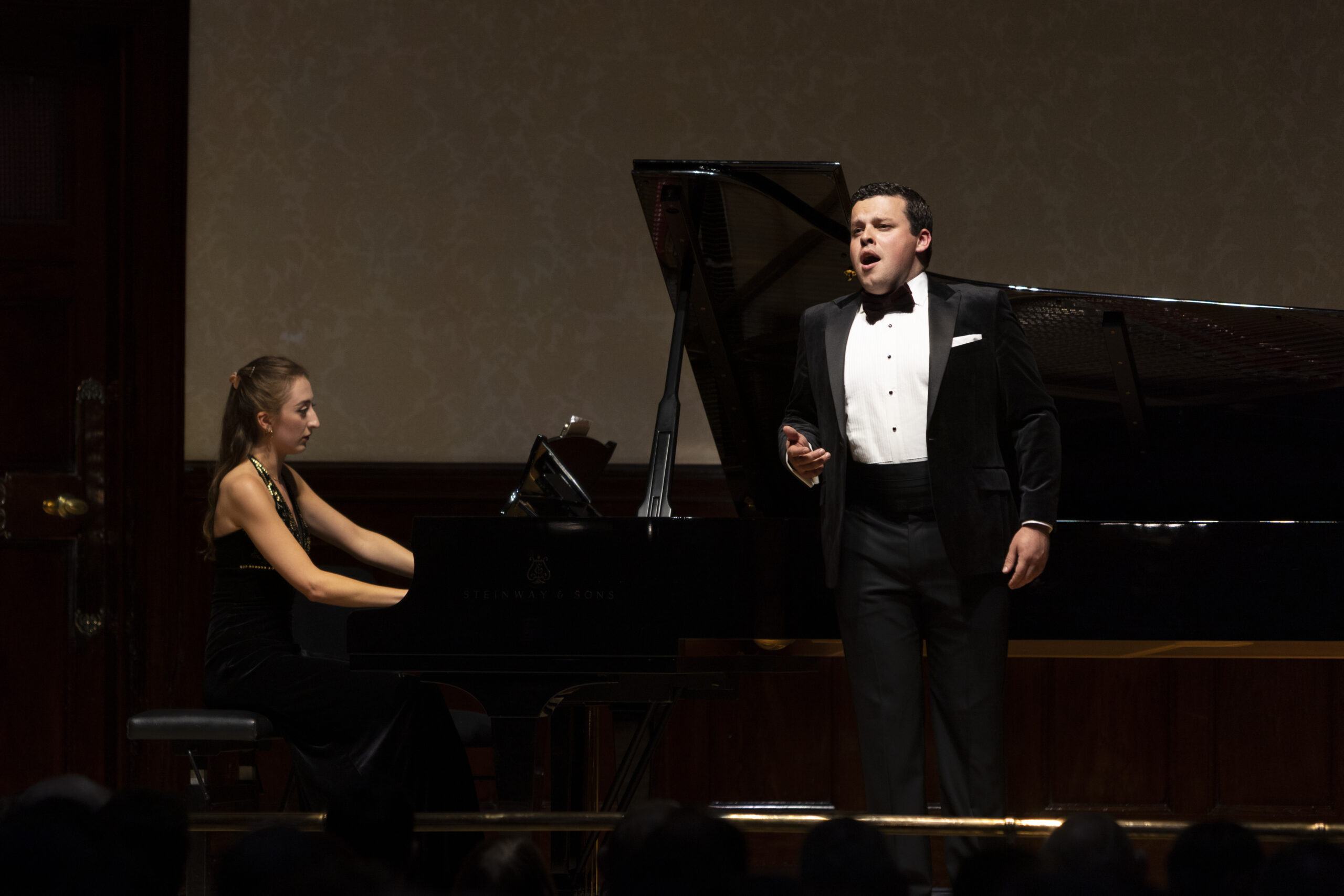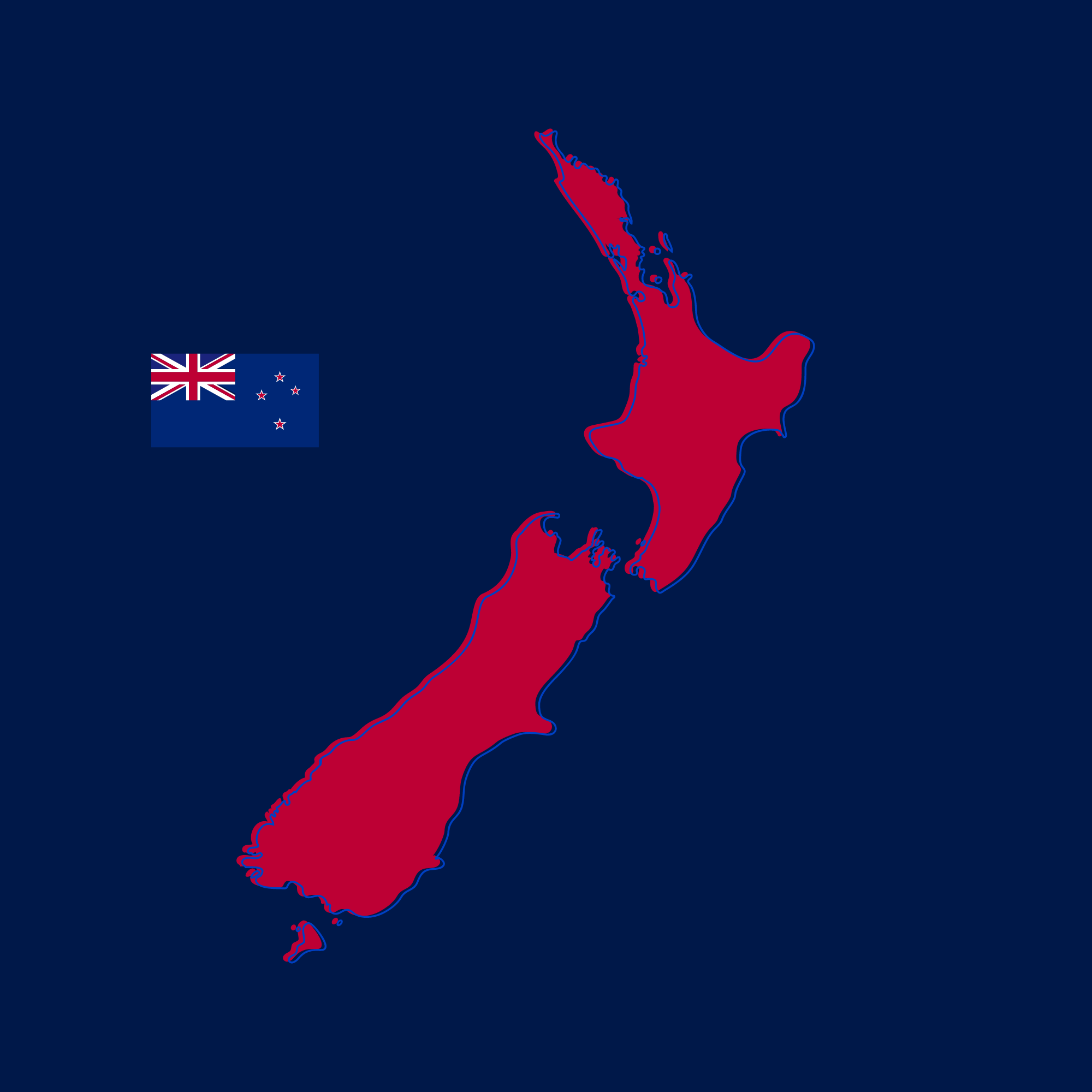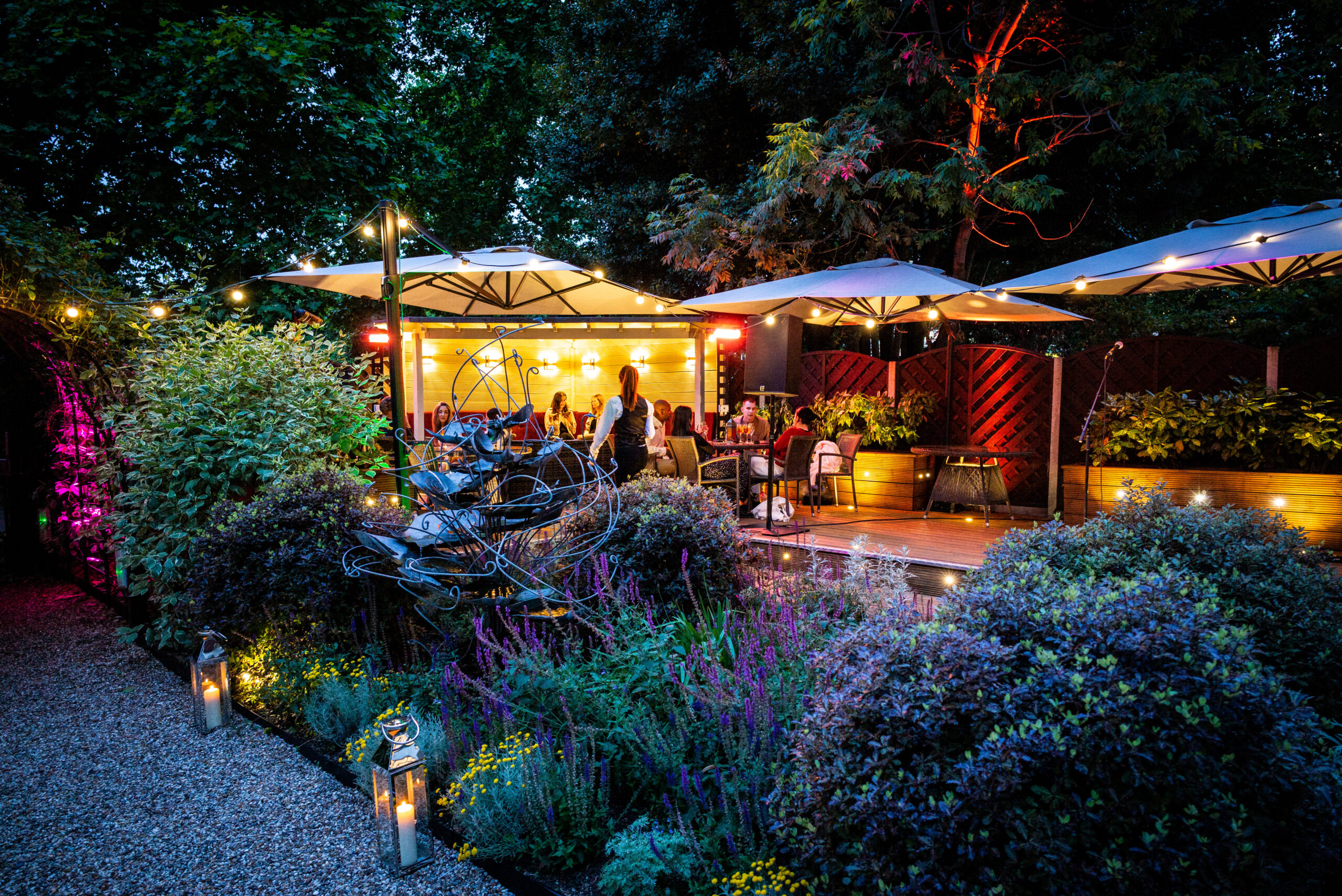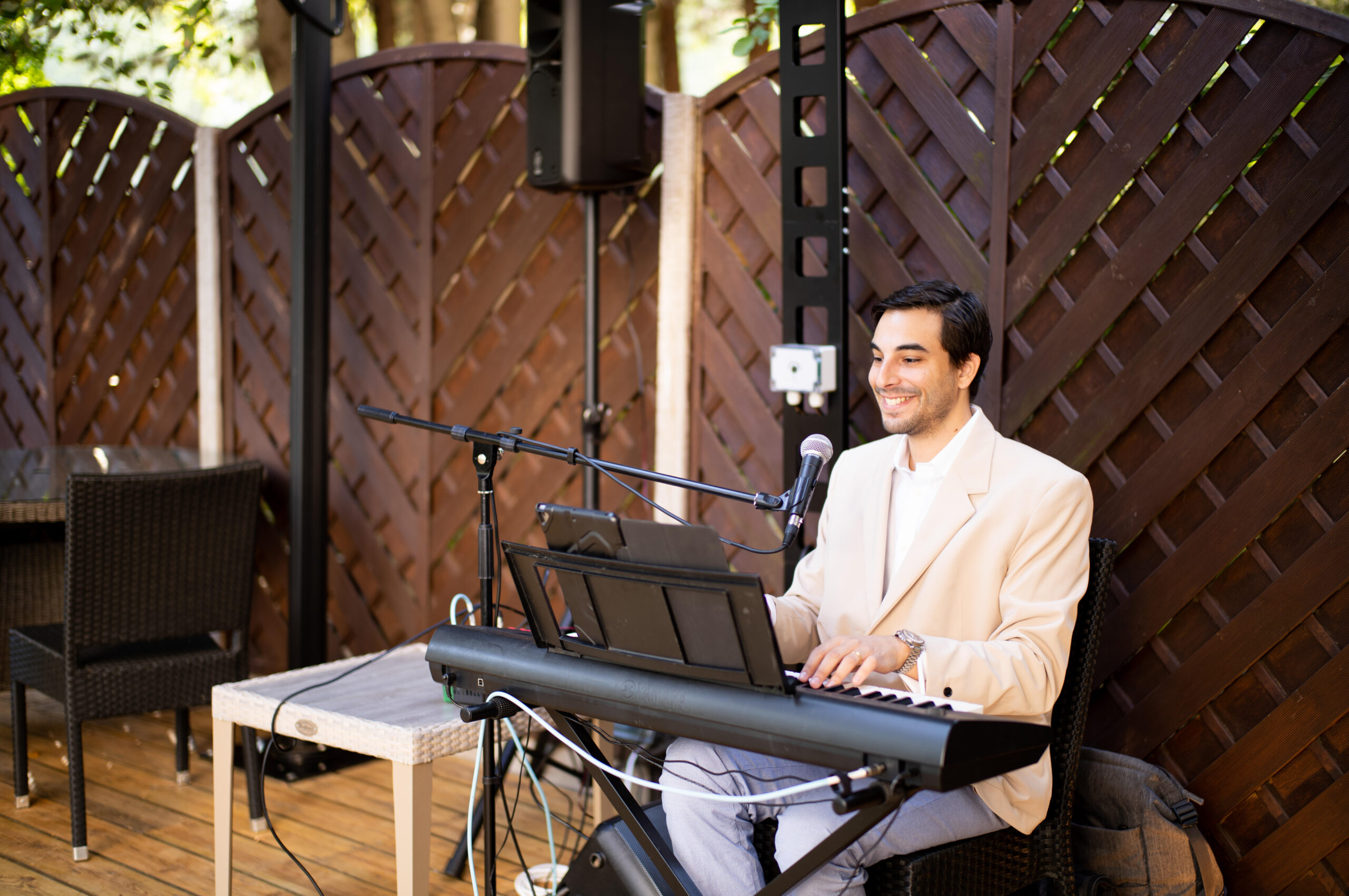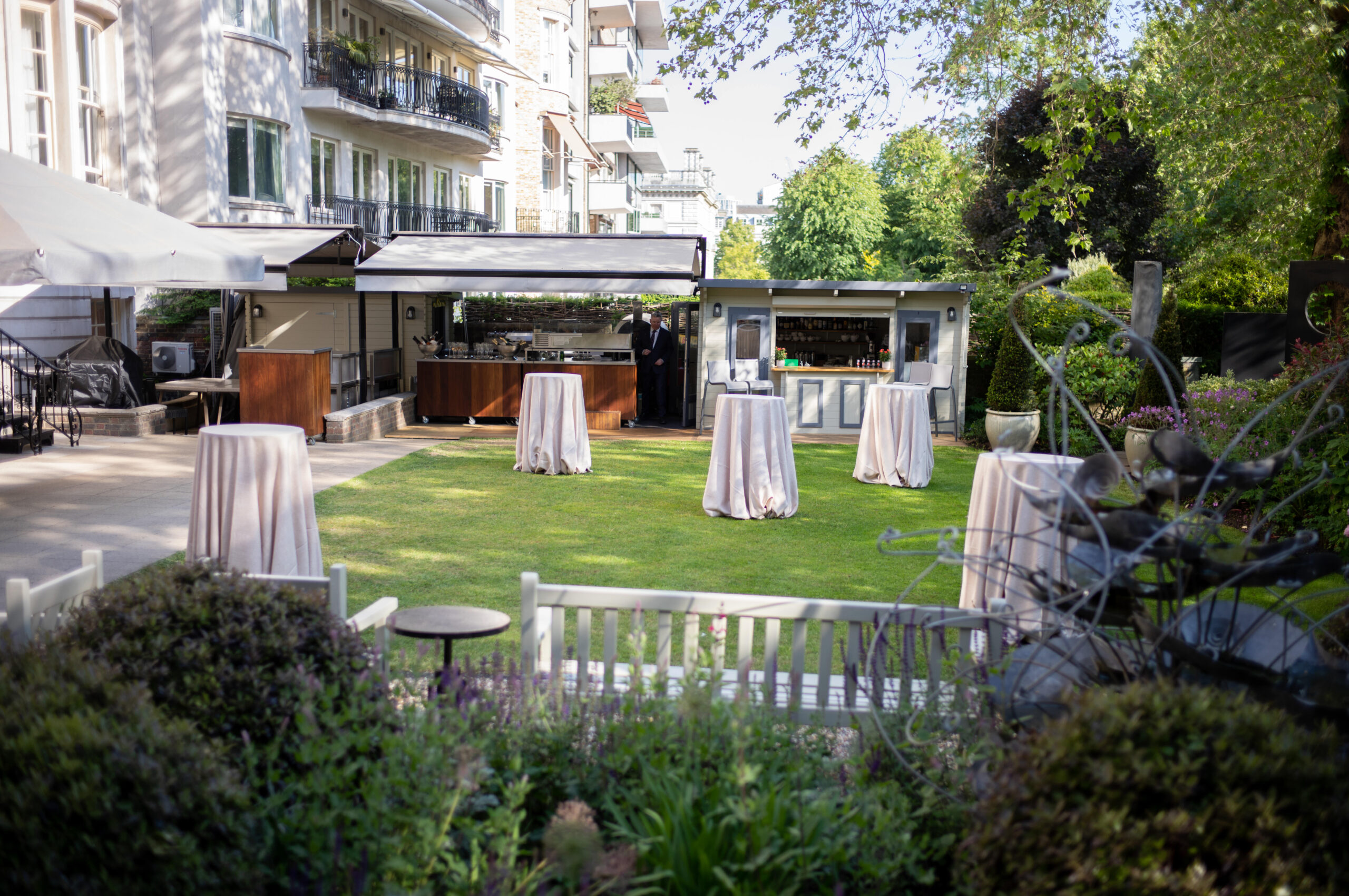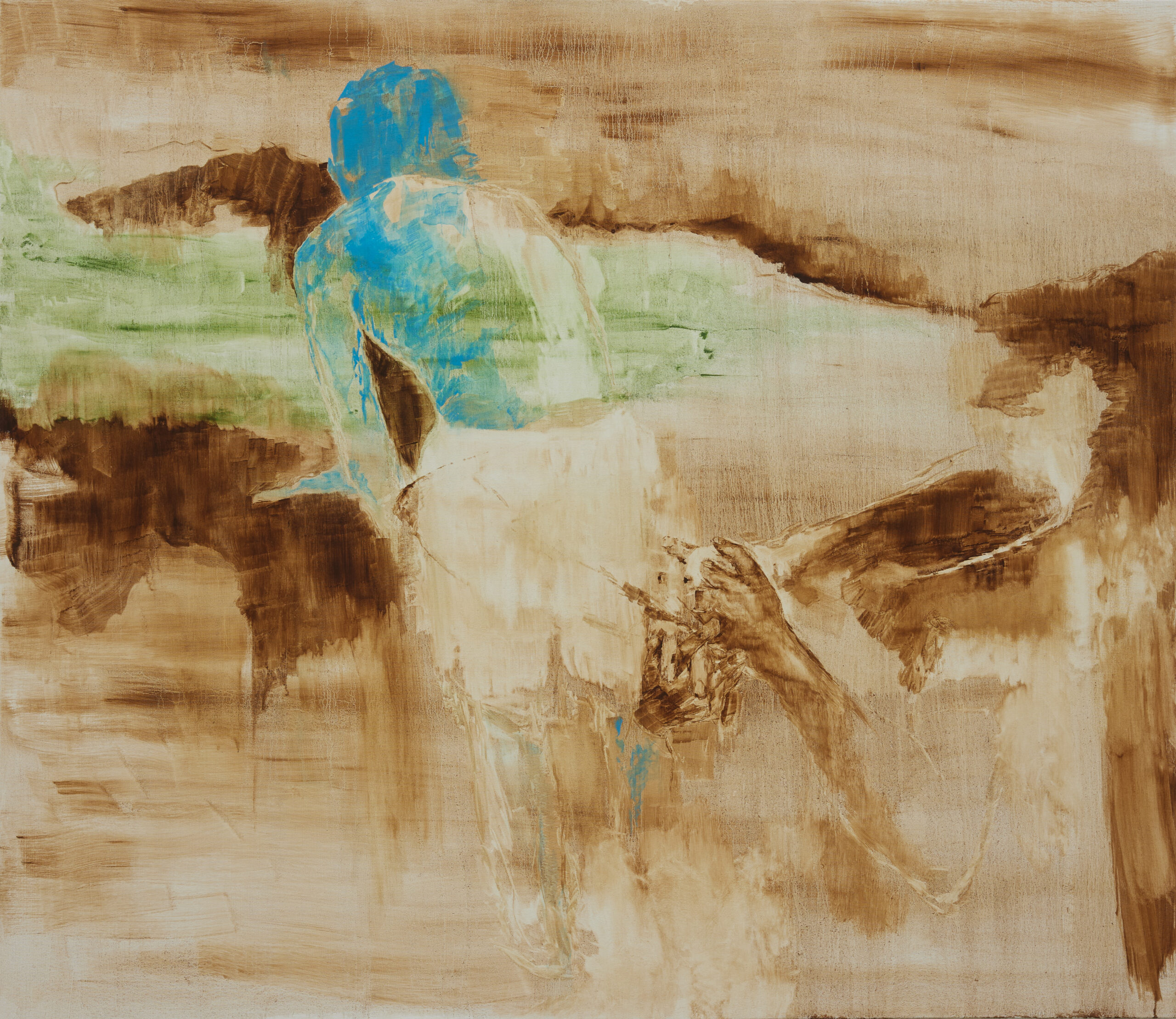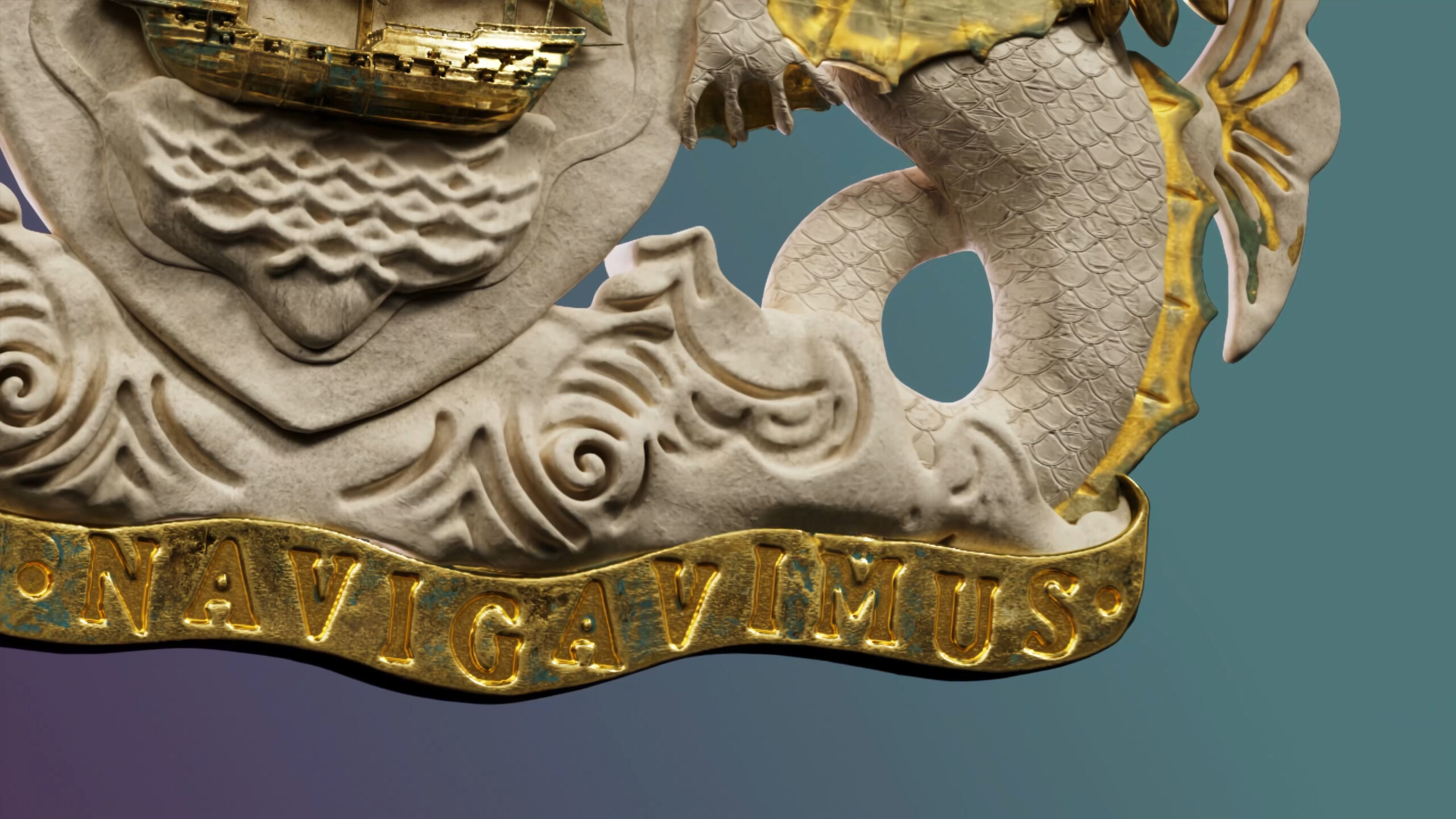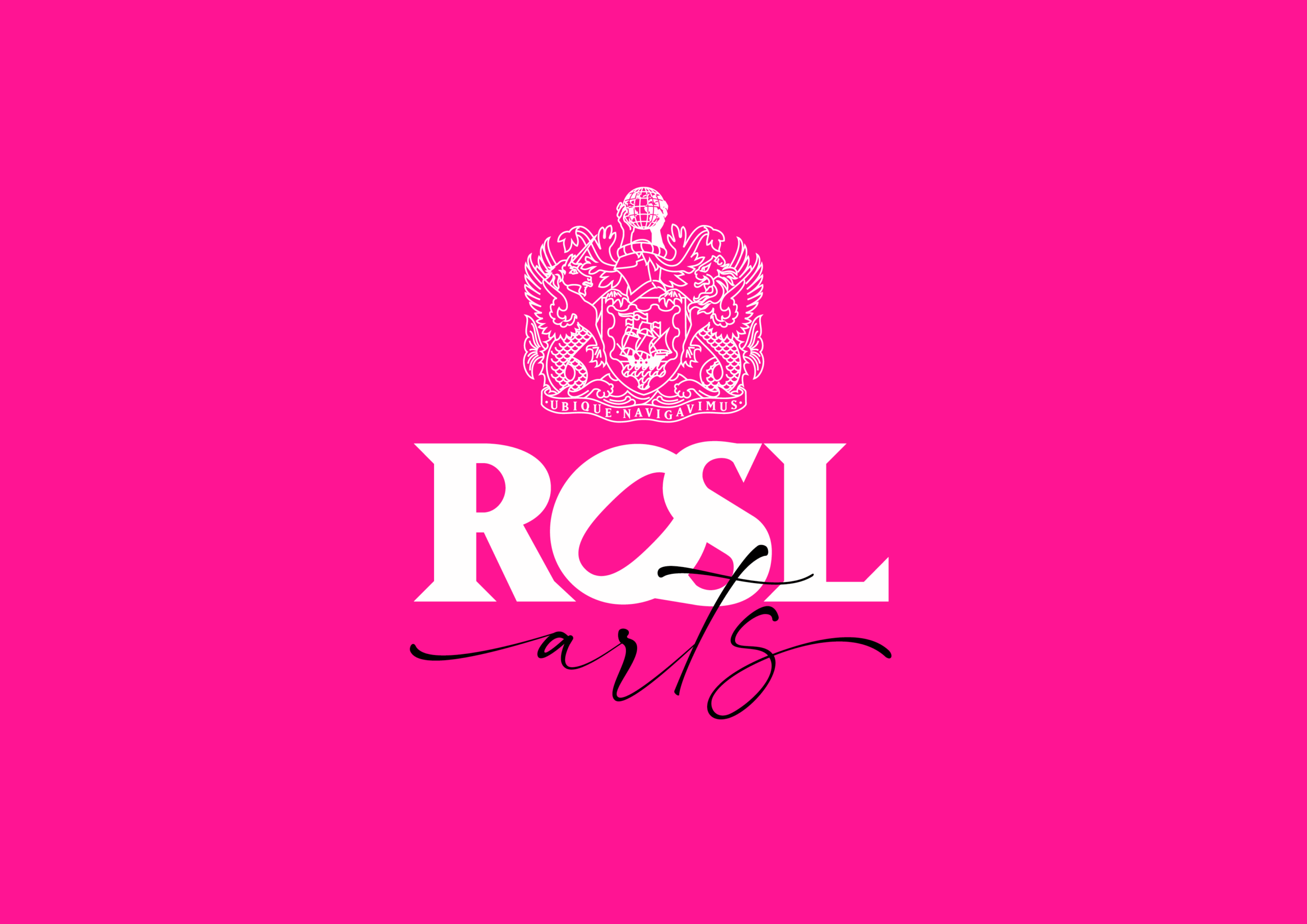- About Us
- Membership
- What’s On
- ROSL Events
- About Club Events
- Public Affairs
- Calendar of Events
-
Upcoming Events
-
Public Affairs Series: Rt Hon Sir Jeremy Hunt MP
Thu. 03 July - 18:30
![Jeremy Hunt picture]()
-
Mozart, Shostakovich and Brahms with the Aquinas Trio
Fri. 04 July - 18:30
![ROSL_Arts_MMSOL_Aquinas_Trio_Concert]()
-
London History Series: A Walk Through Medieval Smithfield
Wed. 09 July - 13:30
![Smithfield London]()
-
Exhibition Opening: Spaceshifting
Thu. 10 July - 18:00
![michelangelo]()
-
Saxophone Lounge Nights in the Garden
Fri. 11 July - 18:30
![saxophone lounge live music]()
-
Annual Music Competition, Gold Medal Final 2025
Fri. 18 July - 19:30
![ROSL Annual Music Competition 2024 Wigmore Hall]()
-
NZ Concert & Garden Drinks
Mon. 21 July - 18:15
![ROSL_Pettman_Scholars_2024_Lorna_Madeleine_NZ_Concert]()
-
Saxophone Lounge Nights in the Garden
Fri. 25 July - 18:30
![Brabourne Room & Garden, Club’s Brabourne Room The Garde an Rosl]()
-
Jazz in the Garden
Fri. 01 August - 19:00
![Jazz in the Garden - Oliver Lord]()
-
Jazz in the Garden
Fri. 08 August - 19:00
![ROSL garden Green Park]()
-
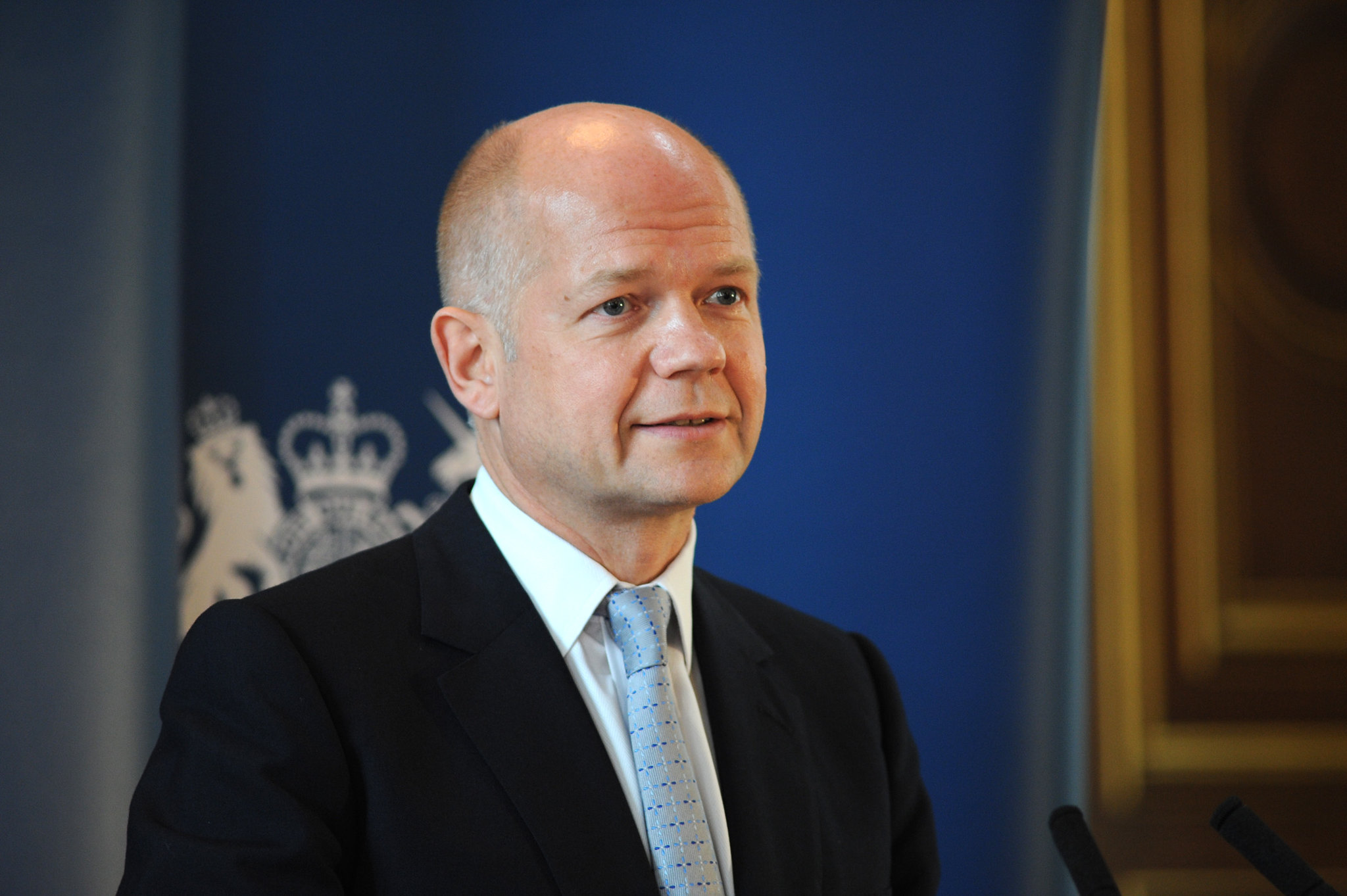
Public Affairs: ROSL’s Annual Lecture 2023 featuring the Rt. Hon. William Hague
10 April 2024
We were delighted to host the Rt. Hon. William Hague as our guest speaker during December’s Annual Lecture, where he took part in a Q&A with ROSL’s former Chairman the Rt. Hon. Alexander Downer and gave a speech addressing many of the pressing concerns facing the world today. For those who couldn’t make it, we’ve transcribed and summarised some of Mr Hague’s speech below, including a reminiscence about a very ominous meeting that he and former PM David Cameron had with Vladimir Putin back in 2011.
Russia offered a gas pipeline to the UK – you could imagine what we said. But it felt like a test of friendship; would we submit to his leverage. And that’s what happened in Ukraine. They would not submit to his leverage in any way. And that’s his version of friendship.
We were still in a world that we thought was the ‘normal’ world, where globalisation was proceeding relentlessly, liberal democracy was steadily advancing; we could surely improve relations with Russia if we worked at it a bit, the Chinese would have no choice but to become more like us and we knew where the world was heading.
Now think about how different it is. Now in 2023 we’re waiting for the answers to some very big questions in the balance – is climate change going to be sorted or out of control? Is AI going to be a huge boom for productivity? What is going to happen in the Ukraine-Russia war and are we entering a darker time in Europe where Russia is able to do that and get away with it?
Is the Chinese economy going down cyclically or permanently? Is the US going to elect a president who might be very disruptive of the whole Western alliance? All these and many other things are in the balance today and by 2030 we hope we’ll know the answers to these questions. But ten years ago we weren’t waiting for the answers to any questions because we knew them, or thought we did. We’re in a different geopolitical as well as economic cycle now.
History does go in those cycles, so we have to understand that the normal world has come to an end and now we’re in a sustained period of much greater uncertainty and geo-political competition. That has many effects, including ten for a start.
One is structurally higher inflation, something that central banks have been slow to appreciate because it interrupts supply chains.
Second is the whole flow of energy has changed; those pipelines from Russia are standing empty now and some of them have been sabotaged.
Third is that this is going to happen to the flow of critical minerals in the world because now seeing what’s happened with gas the Western world need to ensure their supply of minerals in a period of energy transition…
Fourth is massive defence expenditure, for a long time into the future.
Fifth is arguments about ESG (environmental, social and governance) and whether security is part of it; we’ve seen these big political debates, in the US about this.
Sixth is a big decline in global governance, the ability to agree on treatise globally that solve pressing problems. We need a new space treaty for instance, as the outer space treaty of 1967 did not envision thousands and thousands of satellites going up there. But there’s no chance of a space treaty, it’s going to be the Wild West up there for a long time.
Seventh means the rise of more powerful networks of national allies. That might mean the strengthening of existing allies such as AUKUS for example, but there might be whole new networks. One I find intriguing is the I2U2 network, who talk every week; that’s Israel, India, the United Arab Emirates and the US; not a network that you’d have seen ten years ago.
Eighth is the coupling of certain key technologies of the US and China which started in 5G and is now in semiconductors.
Ninth it means resilience is much more important for countries than in the past; and tenth means there’s much more state sponsored innovation.
In such a competitive world you have to be in the lead; in intelligent weapons systems or artificial intelligence, or in renewable energy. And so you have new state-sponsored programmes of innovation such as the inflation reduction act in the US, or our own tremendous programme of Quantum Research in the UK.’
Our Public Affairs series features high profile guest speakers throughout the year. Keep an eye on our events calendar for more at rosl.org.uk/events.
